Embarking on legal proceedings related to family law matters can be overwhelming, and your first consultation with a family lawyer plays a critical role in setting the tone for the process ahead. To maximise the efficiency and outcome of your initial meeting, it’s essential to come prepared, armed with essential information and a clear understanding of your objectives. This checklist-style article will guide you through practical steps to adequately prepare for your first consultation, helping you feel more confident and ensuring a productive meeting.
We will walk you through gathering documentation, setting goals, researching your lawyer’s background, and preparing a list of questions to ask during the consultation. By following these steps, you’ll be better equipped to make informed decisions, streamline communication with your lawyer, and ultimately navigate the complexities of family law with confidence and clarity.
1. Review Your Goals and Legal Objectives
Before meeting with your family lawyer, it’s crucial to spend some time reflecting on your desired outcome, ensuring that you have a clear understanding of your legal objectives. Consider the following aspects:
- Define Your Priorities: What are the most important elements in your family law matter? Examples may include maintaining an ongoing relationship with your children, securing a fair financial settlement, keeping the former family home or protecting yourself and your family from an abusive partner.
- Set Realistic Expectations: Keep in mind that family law matters can be challenging, and outcomes are often influenced by various factors. Recognise that compromise may be necessary, and stay focused on reaching the best possible outcome for everyone involved.
- Be Prepared to Discuss Your Goals: Arriving at the consultation with your goals and objectives in mind will facilitate more effective communication with your lawyer, helping to ensure they understand your position and can assist you effectively.
2. Gather Essential Documentation
One of the most crucial aspects of preparing for your initial consultation is collecting all relevant documentation, which will help your lawyer assess your situation and provide appropriate advice. Key documents you should gather include:
- Identification and Personal Details: Ensure you have necessary identification, such as your driver’s licence or passport, as well as information about your and your spouse’s employment, income, and assets.
- Marriage and Separation Information: Gather any relevant documents, including your Marriage Certificate, Birth Certificates, any separation agreement, and/or divorce application.
- Financial Documents: Collect comprehensive financial information, including bank statements, tax returns, property ownership records, and details of any debts or liabilities. It’s always good practice to start collating these documents early. Whilst they may not always be necessary for your initial consultation, they will likely be required as part of the financial settlement process.
- Child-related Information: If you have children, prepare documents related to their care and wellbeing, such as school enrolment records, medical histories, and details of their routines and requirements.
3. Conduct Background Research on Lawyer
Before your first consultation, it’s good practice to look into the background and experience of your potential family lawyer to ensure you are engaging with a professional who has the relevant experience and qualifications to best serve your needs. Consider the following research steps:
- Check Qualifications and Experience: Understand the lawyer’s educational background, areas of expertise, and experience handling family law matters, particularly any similar cases to yours.
- Read Client Testimonials and Reviews: Evaluate client feedback and reviews to gain insight into the lawyer’s communication style, professionalism, and overall client satisfaction.
- Familiarise Yourself with Their Practice: Research the lawyer’s law firm, including any fellow practitioners who may be involved in your case, to ensure they have the resources and support required to assist with your specific legal needs.
4. Prepare a List of Questions for Your Lawyer
It’s a good idea to arrive prepared with a list of questions to ask during your initial consultation, helping you understand the legal process, clarify any uncertainties, and make informed decisions about your case. Consider asking questions in the following categories:
- Legal Strategy and Approach: Enquire about your lawyer’s approach to handling family law matters and how they will develop a legal strategy tailored to your needs and desired outcomes.
- Communication and Expectations: Establish clear expectations for communication, including preferred methods, response times, and frequency of updates.
- Legal Fees and Costs: Gain a clear understanding of the law firm’s billing practices, fees, and potential costs associated with your case to help you budget and plan accordingly.
- Potential Challenges and Solutions: Discuss any foreseeable obstacles in your case and how your lawyer will address them to mitigate potential risks and secure the best possible outcome.
5. Develop a Timeline and Action Plan
Creating a timeline and action plan is invaluable in managing your expectations and remaining organised throughout your family law matter. Before your consultation, consider the following:
- Identify Key Milestones: Outline the critical stages involved in your case, such as lodging an application, attending mediation, or reaching a settlement.
- Set Realistic Deadlines: Establish reasonable timelines for each milestone, recognising that family law matters can be complex and may require adjustments along the way.
- Determine your Capacity for Involvement: Assess your availability and capacity to devote time to your legal matter, keeping in mind work, family, and personal commitments.
6. Arrive Prepared and Ready to Engage
Finally, prepare yourself mentally and emotionally for your initial consultation. Recognise that you may need to discuss sensitive and challenging topics, answer a lot of questions and come ready to engage openly and honestly with your lawyer. This approach will enable them to provide the most effective advice and support tailored to your unique circumstances.
By covering these essential steps in your preparations, you’ll enter your first consultation equipped with the knowledge and resources required to make the most of your meeting with your family lawyer. This strong foundation will allow you to efficiently navigate the complexities of family law with confidence and achieve the best outcome for your family’s future.
Navigate Family Law with Coastal Family Law Experts
In conclusion, thorough preparation for your first consultation with a family lawyer is integral to ensuring a productive and insightful meeting, which ultimately lays the foundation for a successful legal outcome. By understanding your objectives, gathering essential documentation, researching your lawyer, and preparing pertinent questions, you’ll be better equipped to communicate effectively and make informed decisions throughout your family law matter.
Coastal Family Law understands the complexities of family law in Mandurrah and is committed to providing tailored and compassionate legal support during this challenging time. Don’t navigate the intricacies of family law alone. Contact our experienced team today to schedule a consultation and embark on your journey towards a positive future for you and your family.





